Dungeons and Dragons - Interactive Fantasy World
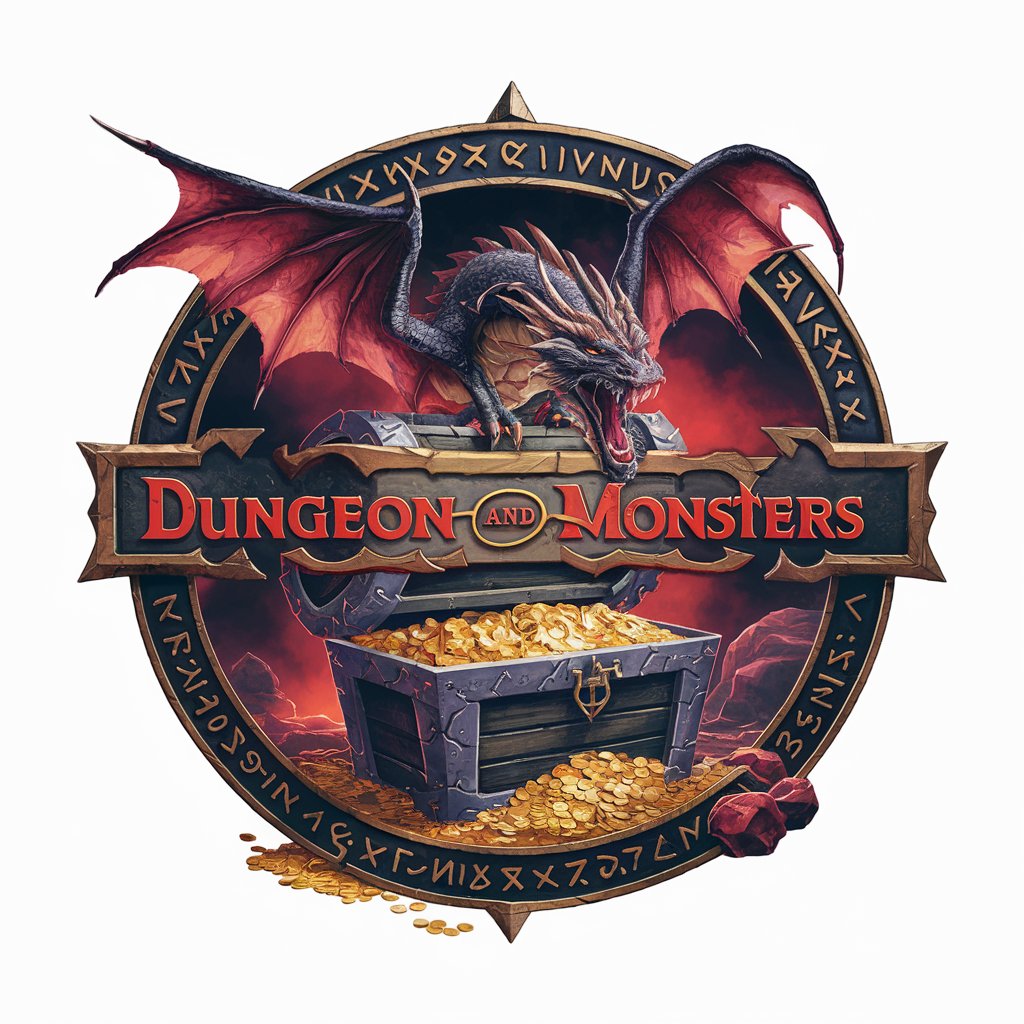
Welcome to Dungeon and Monsters!
Bring fantasies to life with AI-powered adventures.
As you enter the ancient forest,
The dragon's lair looms ahead,
In the heart of the enchanted castle,
While exploring the abandoned dungeon,
Get Embed Code
Overview of Dungeons and Dragons (D&D)
Dungeons and Dragons (D&D) is a fantasy tabletop role-playing game (RPG) where players embark on imaginary adventures within a fantasy setting. A game of D&D is typically run by a Dungeon Master (DM) who narrates the game world and its inhabitants, while players control characters that explore, interact, and combat within that world. The game combines elements of storytelling, strategy, and chance, with outcomes often determined by dice rolls. Players create characters with specific backgrounds, races (such as elves, dwarves, and humans), and classes (like wizards, warriors, and rogues), each with unique abilities and traits. Scenarios range from battling dragons and delving into dungeons to solving mysteries and navigating political intrigues. D&D's design purpose is to foster creativity, collaboration, and problem-solving among players, providing a framework for dynamic storytelling and imaginative play. Powered by ChatGPT-4o。

Key Functions of Dungeons and Dragons
Character Creation
Example
Players create a character by selecting a race, class, and background, assigning ability scores, and equipping them with gear. This process allows for a vast array of character customizations, tailored to the player's preferred play style.
Scenario
A player decides to create an Elven Wizard with a background as a sage, focusing on intelligence and wisdom to enhance spellcasting abilities. This character might embark on a quest to recover ancient magical texts, using their spells and knowledge to overcome challenges.
Narrative Exploration
Example
The DM designs and narrates a rich, evolving story in which players' actions directly influence the course of events. This includes describing environments, non-player characters (NPCs), and the outcomes of players' choices.
Scenario
In a campaign, players might decide to negotiate with a dragon instead of fighting. The DM then narrates the tense diplomacy that unfolds, ultimately leading to a new alliance or a treacherous betrayal based on the players' decisions and dice rolls.
Combat and Strategy
Example
D&D features a tactical combat system where players and the DM engage in turn-based encounters, using character abilities, spells, and items to defeat opponents or overcome obstacles.
Scenario
During a dungeon crawl, the party encounters a group of orcs guarding a treasure. Players strategize their attack, utilizing their characters' strengths and coordinating their actions to outmaneuver the orcs and secure the loot.
Problem Solving and Puzzle Solving
Example
Many D&D adventures include puzzles, traps, and complex situations that require creative thinking and teamwork to resolve.
Scenario
The party discovers an ancient door sealed with a cryptic riddle. Players must collaborate to decipher the puzzle, combining their characters' knowledge and skills to unlock the path forward.
Target User Groups for Dungeons and Dragons
Tabletop RPG Enthusiasts
Individuals who enjoy cooperative storytelling, imaginative play, and the social aspect of gaming in a tabletop setting. D&D offers a rich, detailed framework for these players to explore diverse worlds and create unique stories together.
Creative Writers and Storytellers
People with a passion for storytelling and creative writing find D&D an invaluable tool for crafting narratives and character arcs in an interactive environment. It allows for real-time feedback and dynamic story development.
Strategists and Problem Solvers
Players who enjoy tactical decision-making, strategizing, and overcoming challenges through careful planning and teamwork. D&D's combat and puzzle-solving elements cater to this group, providing a platform for intellectual and strategic engagement.
Educators and Facilitators
Teachers and group leaders use D&D to teach problem-solving, mathematics, social skills, and creative writing in an engaging, narrative-driven format. It's an effective educational tool that promotes teamwork, empathy, and imaginative thinking.

How to Use Dungeons and Dragons
Initiate Your Adventure
Start by visiting yeschat.ai for a no-cost trial, accessible without the need for login or ChatGPT Plus.
Choose Your Campaign
Select a pre-made adventure or create a new campaign. Consider the preferences and experience level of your group.
Create Your Character
Design your character by choosing a race, class, and background. Customize your abilities, appearance, and backstory.
Understand the Rules
Familiarize yourself with the core mechanics, including combat, spellcasting, and interaction. Utilize the Player's Handbook for guidance.
Engage in the Narrative
Immerse yourself in the storytelling process. Interact with characters, explore environments, and make decisions that shape the adventure.
Try other advanced and practical GPTs
Dungeon Master
Your AI-Powered Adventure Awaits
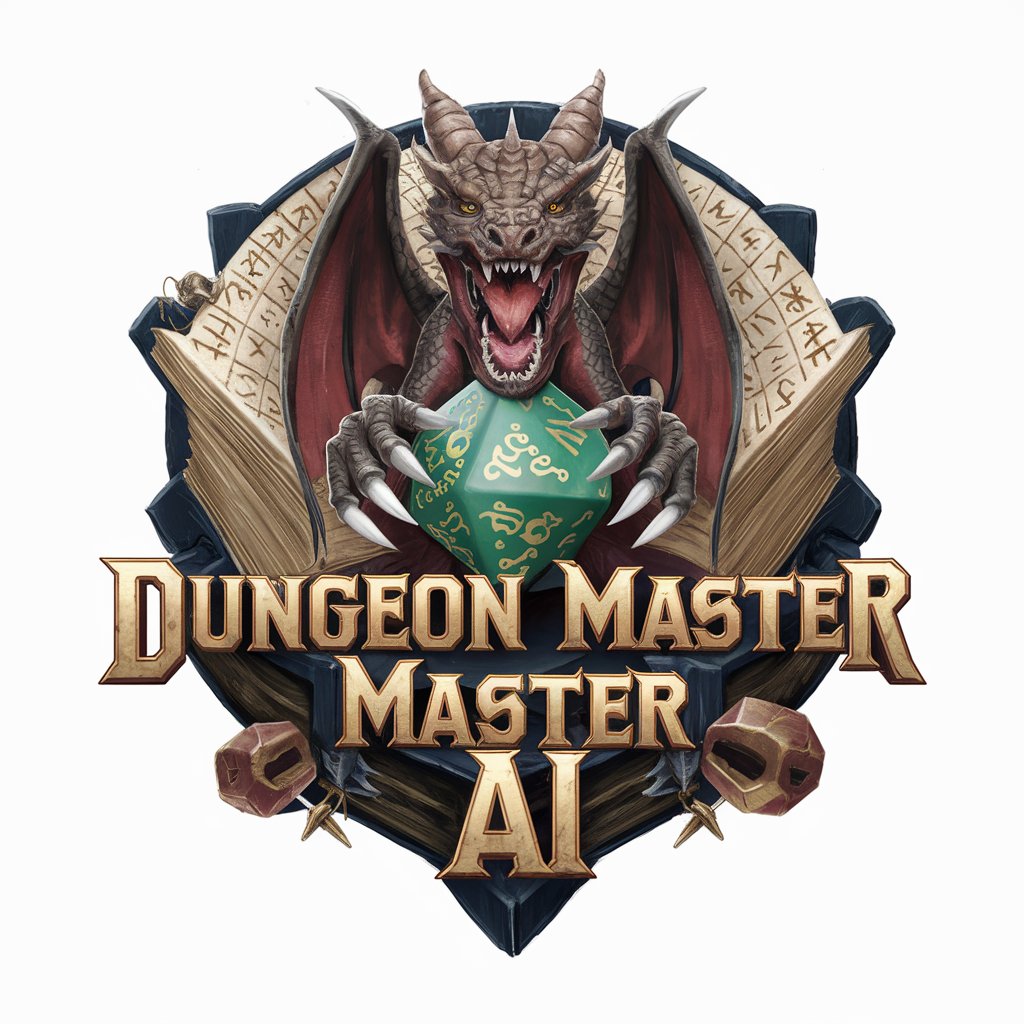
Dungeon Master Assistant
Elevate Your Game with AI-Powered D&D Assistance
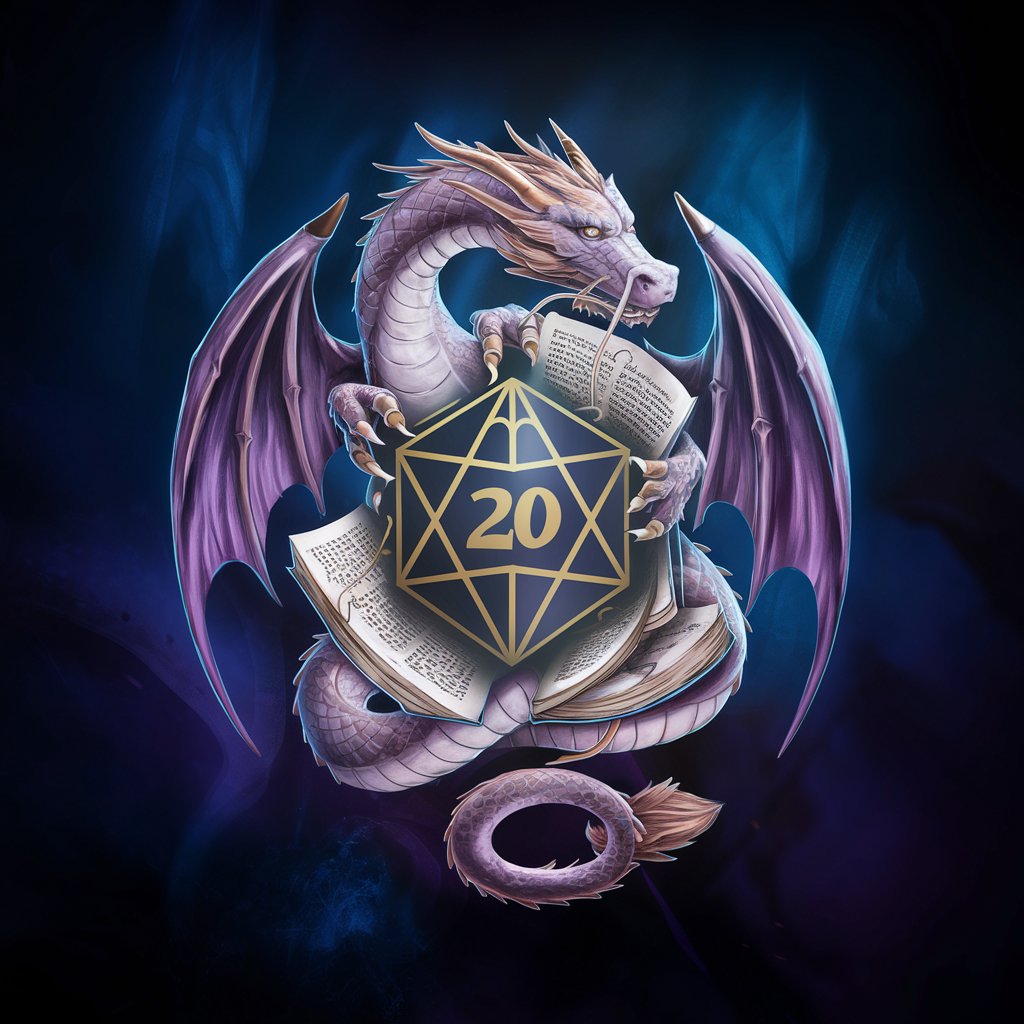
Resume Tailor
Align Your Resume with AI Precision

Jorin Spellweaver
Craft Your Own Adventure with AI
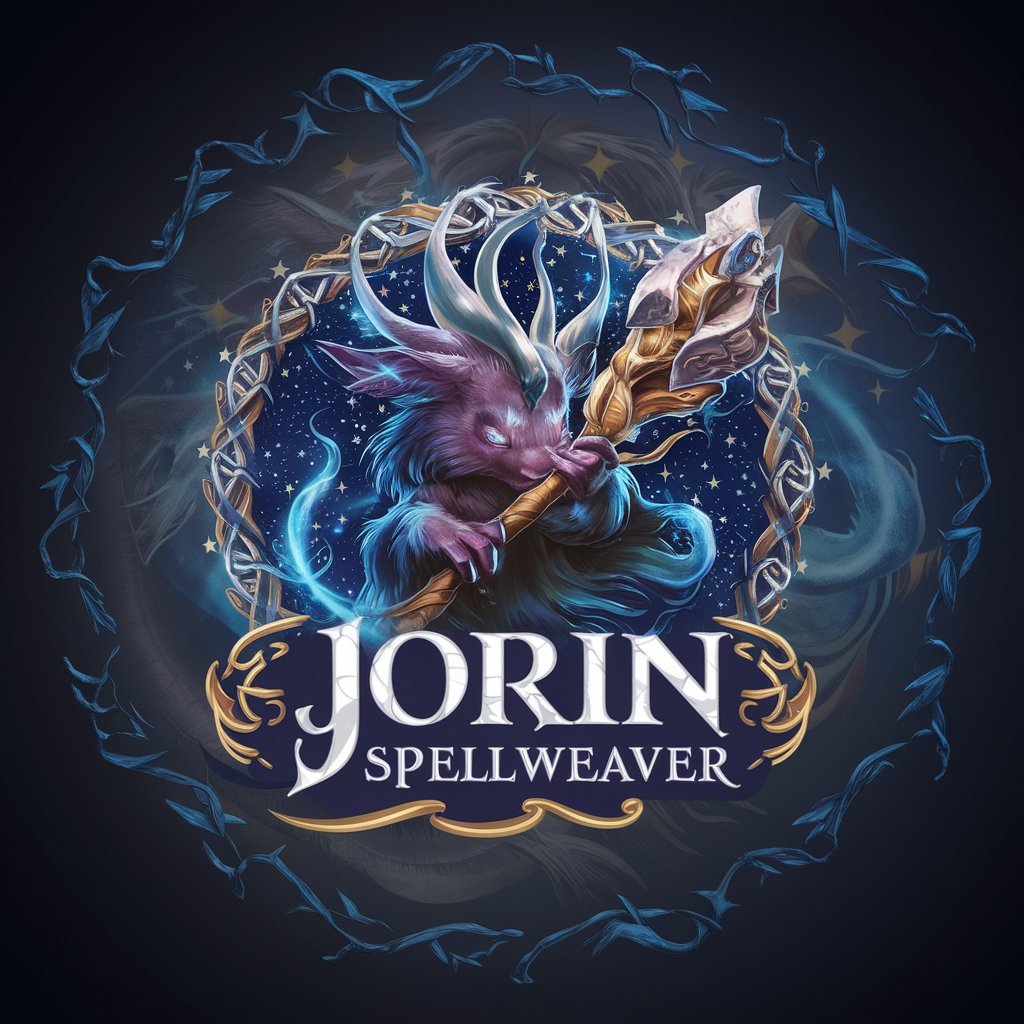
DungeonMasterGPT
Bringing Your D&D Adventures to Life with AI
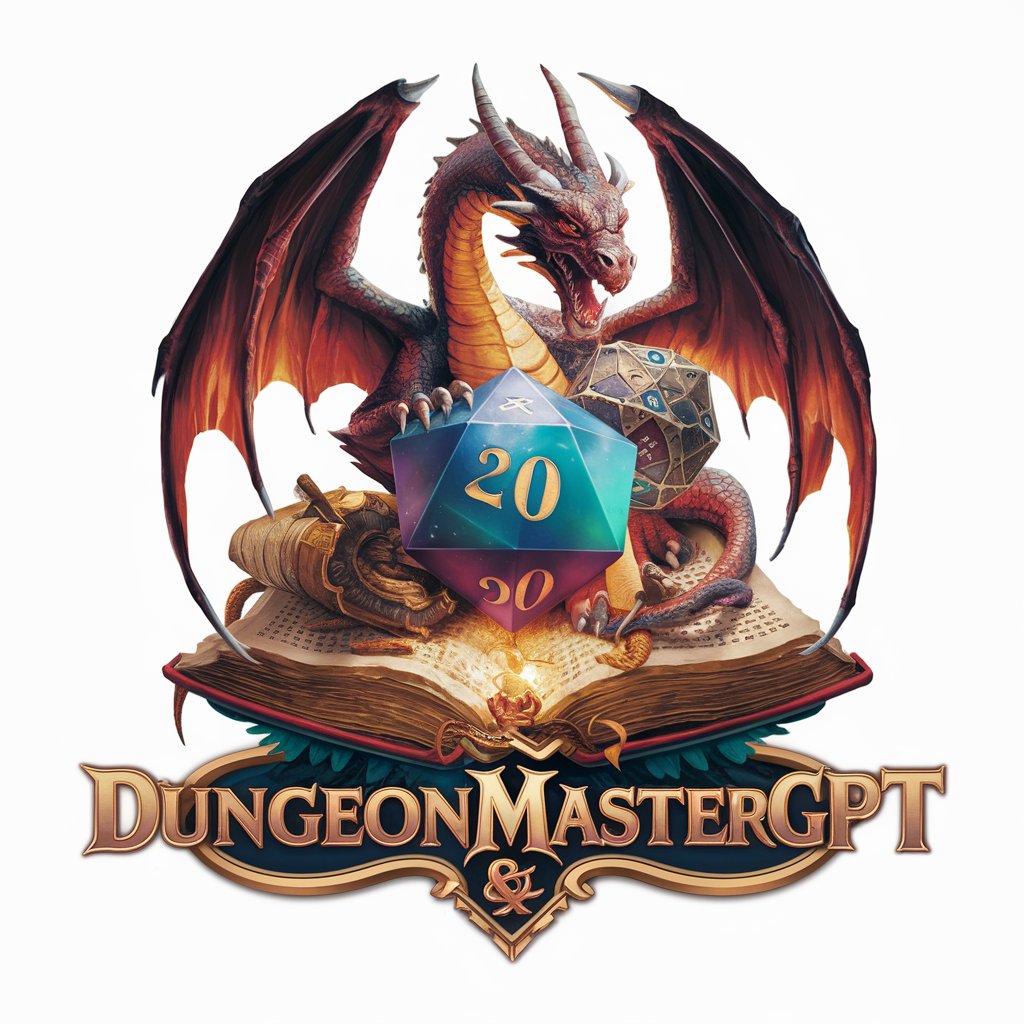
Anime Persona Creator
Craft Unique Anime Characters with AI

Campaign Timeline Architect
Customizing Campaign Timelines with AI

Blog Master
Empower your blog with AI

Mystic Oracle Valdene
Unlocking Insights with AI-Powered Readings
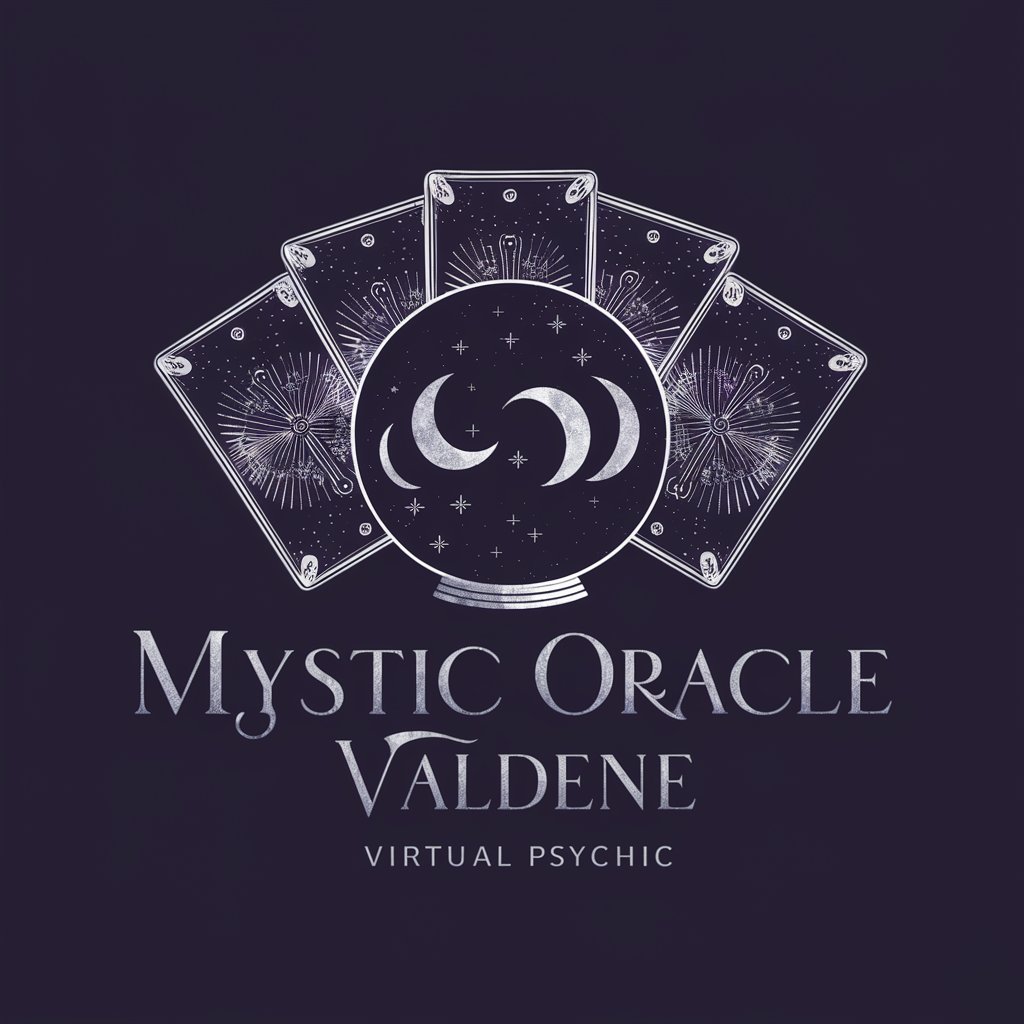
Buzz Tweet Enhancer
Elevate Your Tweets with AI Insight

Marta BrandManic
Personalized Lifestyle Guidance at Your Fingertips

X Engagement Guide
Elevate Your X Presence with AI
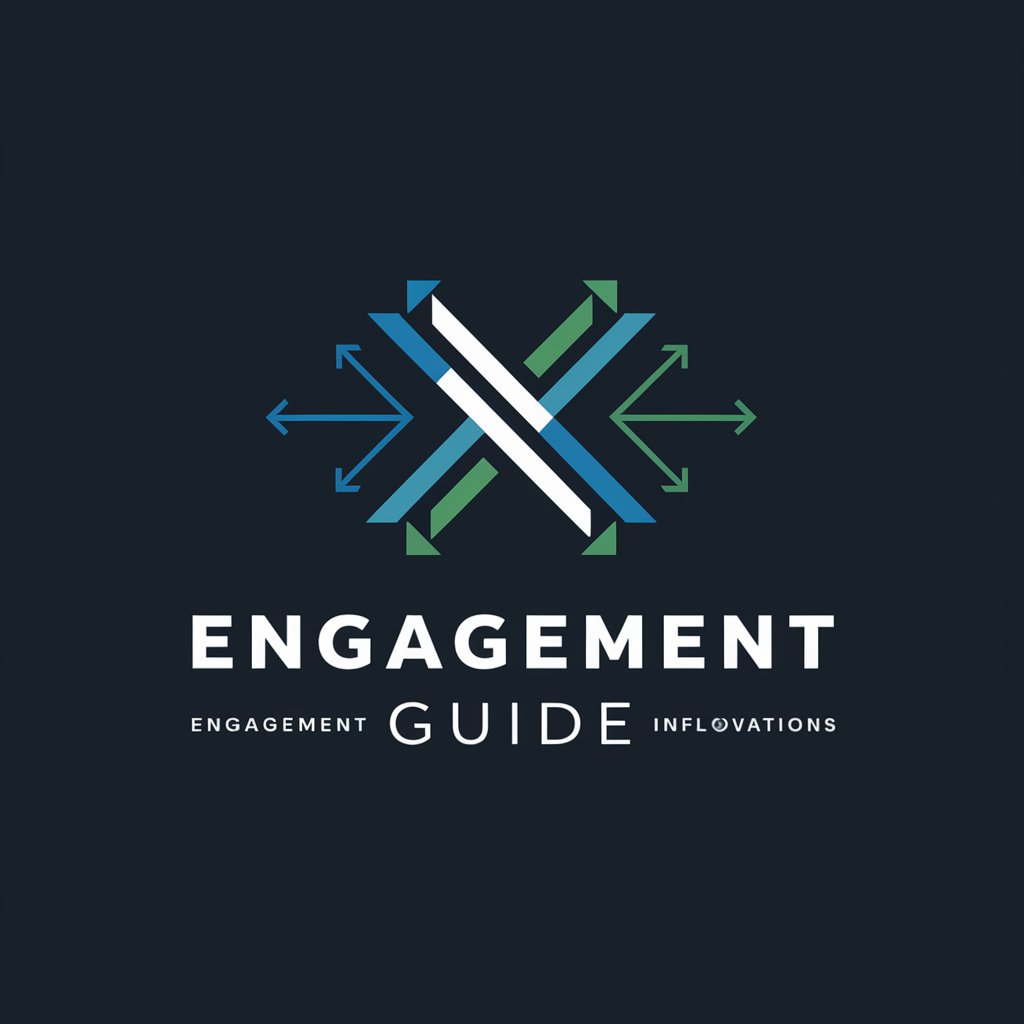
Frequently Asked Questions about Dungeons and Dragons
What is Dungeons and Dragons?
Dungeons and Dragons is a fantasy tabletop role-playing game where players create characters to embark on adventures in a story led by a Dungeon Master.
How do I start playing D&D?
Begin by reading the basic rules or Player's Handbook, creating a character, and joining a group of players under the guidance of a Dungeon Master.
Can I play D&D alone?
While D&D is traditionally a group activity, there are solo adventures and resources available for those who wish to play by themselves.
How do I create a D&D character?
Character creation involves selecting a race (such as elves, dwarves), a class (like wizard, rogue), assigning ability scores, and fleshing out a backstory.
What do I need to play D&D?
You'll need the Player's Handbook, dice (or a digital dice app), character sheets, and a group of players. A Dungeon Master will guide the adventure.
